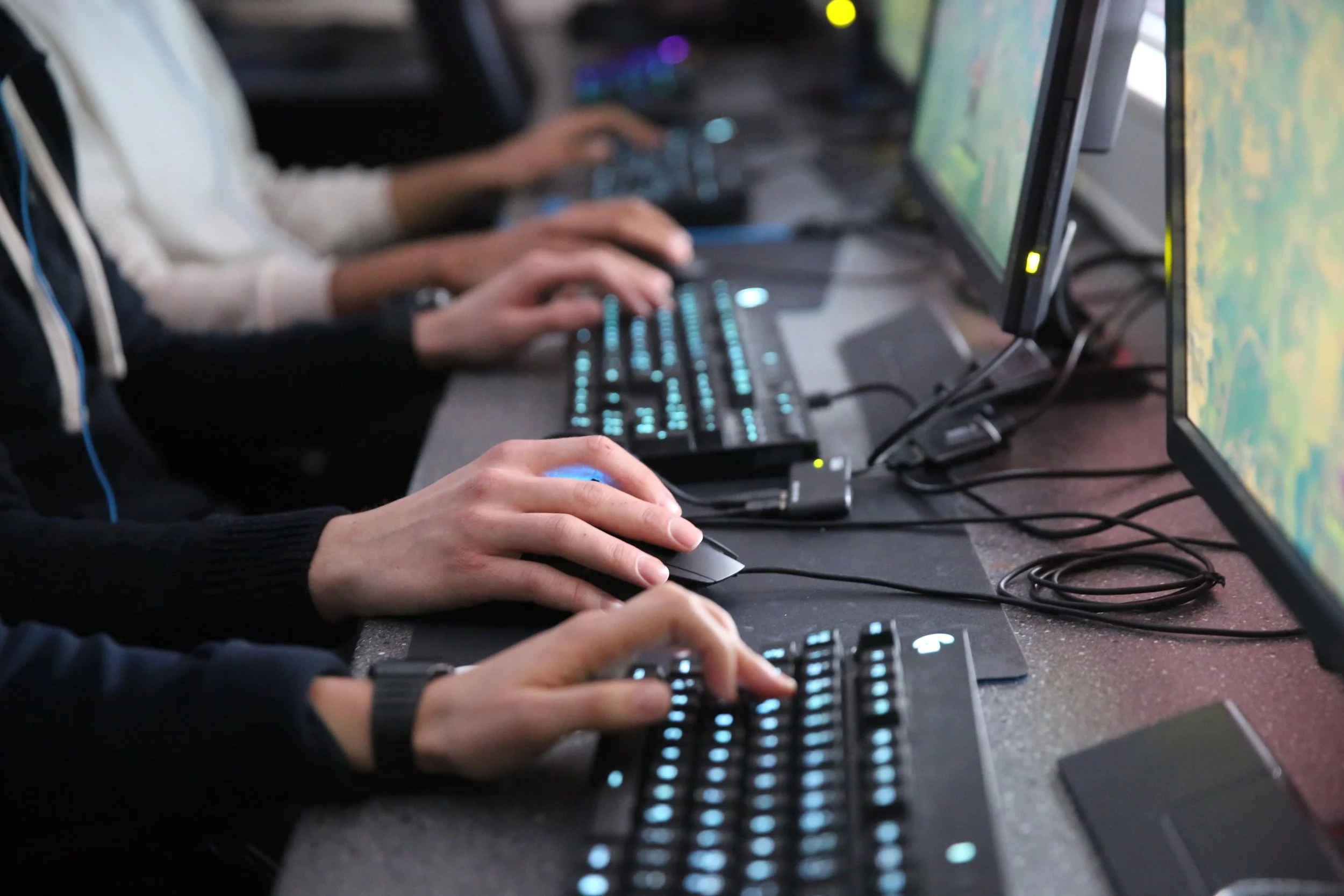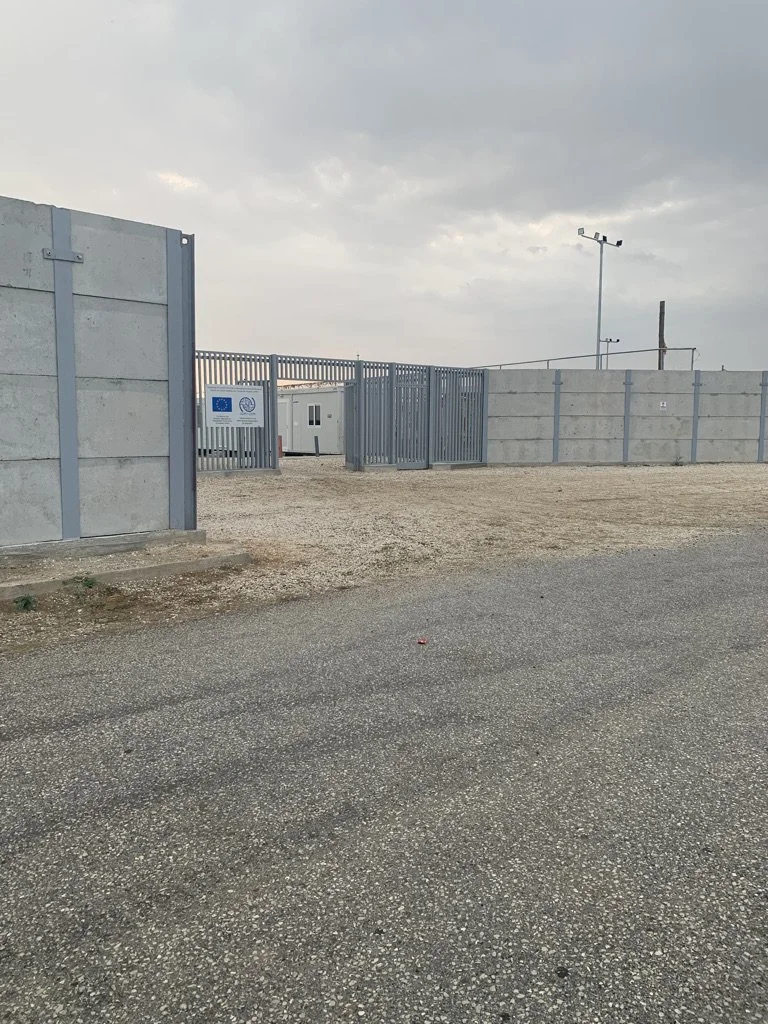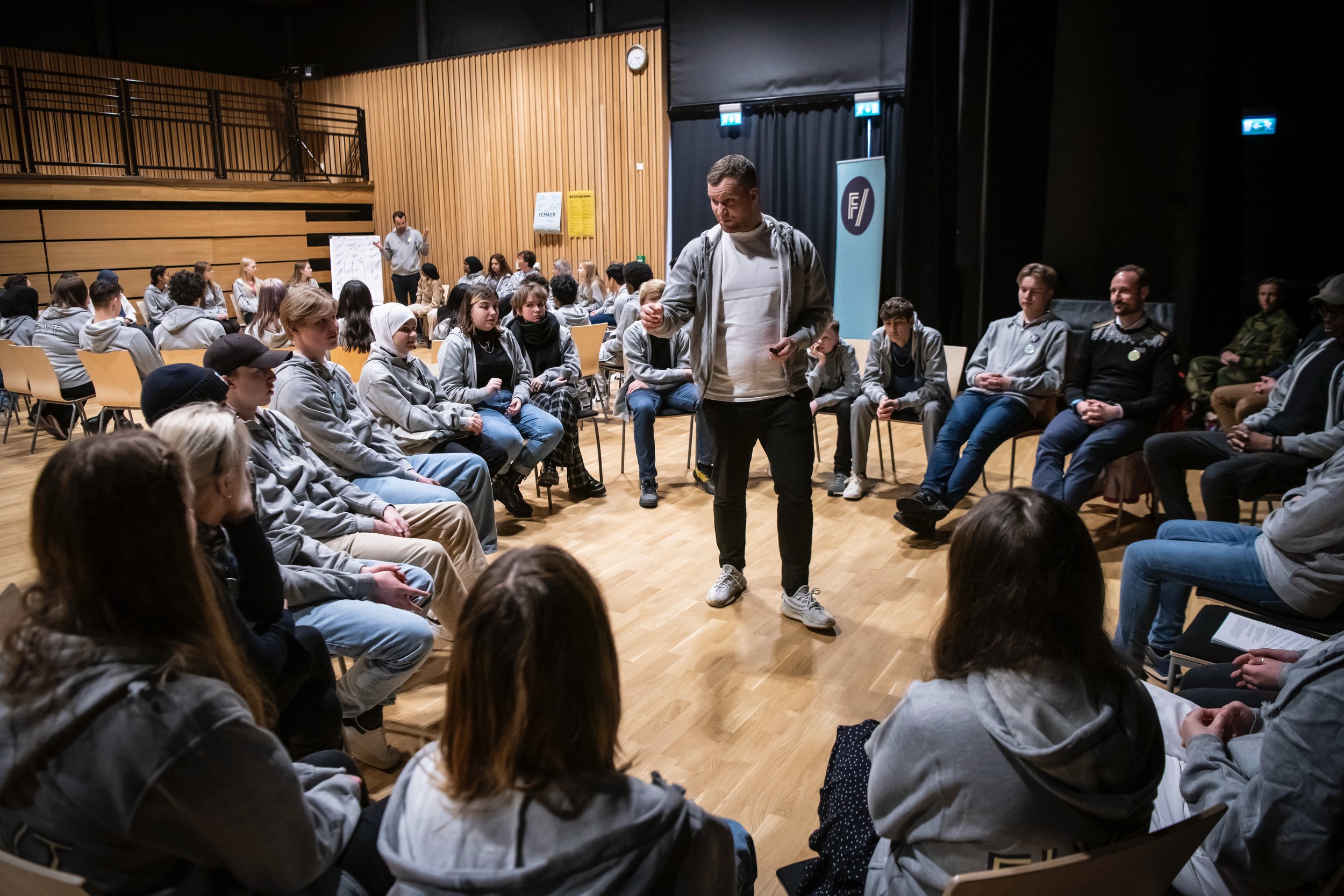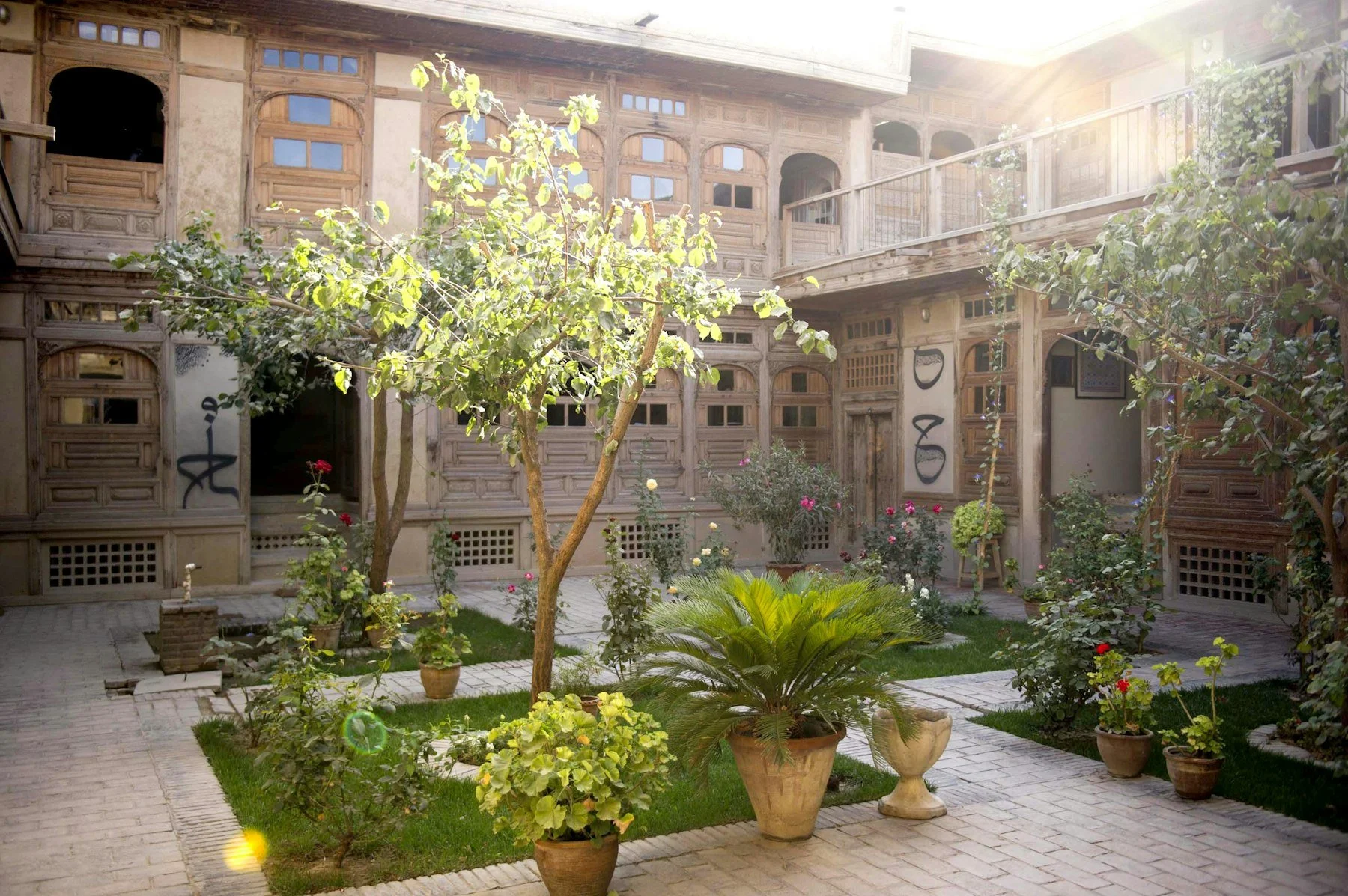
Education
The Why
Quality education is fundamental to a thriving society, fostering individual prosperity and broader societal well-being. Yet, our society faces high rates of educational dropout, lack of access to education and vocational training for vulnerable populations, and underutilisation of skilled immigrants.
This represent significant global challenges with profound consequences for individual well-being and societal prosperity. These issues stem from complex factors, demanding a multi-faceted approach focusing on inclusion.
Investing in education is not merely a social imperative but also a powerful engine for economic growth, fostering social mobility, reducing reliance on social welfare, and creating more inclusive and equitable societies worldwide.
Flyt
Founders: Crown Prince Couples Fund. Funding Period: 2018–2026. Location: Norway
Flyt addresses the concerning issue of high school dropout rates and social exclusion among Norwegian youth. The Flyt program focuses on students at risk of leaving education, thereby preventing their entry into the workforce and full participation in society. Through collaboration with the public sector and strategic partnerships, including funding from organisations like ours, Flyt tests, refines, and scales a proven solution.
Developed over multiple years with the ultimate aim of integrating this solution into national curricula. Flyt’s impact evaluation shows significant returns on investment through improved social and human capital outcomes, significantly reducing future costs of welfare programmes and increasing tax revenue from increased workforce participation.
The Home Project
Founder: Sofia Kouvelaki. Funding Period: 2025–2029. Location: Greece
The Home Project addresses the urgent need for protection and inclusion of unaccompanied minor refugees in Greece. These children are often left without adequate support, making them vulnerable to exploitation, abuse, and trafficking. Without intervention, society risks losing the potential of individuals who could contribute meaningfully if given equal opportunities.
Through the establishment of safe, long-term homes, The Home Project provides comprehensive child protection services. Their model includes legal aid, mental health support, education, life skills training, and social integration. In addition to supporting vulnerable youth, the initiative creates employment opportunities for Greeks, migrants, and refugees, and engages a broad network of social and institutional actors.
By investing in the development and well-being of these minors, The Home Project not only safeguards human rights but also fosters inclusion and long-term societal benefit.
Turquoise Mountain
Founders: His Majesty King Charles III, Rory Stewart. Funding Period: 2025–2027. Location: Afghanistan
Turquoise Mountain supports cultural preservation and economic inclusion through its work in Afghanistan, where traditional crafts face the threat of extinction. At the heart of its efforts is the Institute for Afghan Arts and Architecture in Kabul—a vocational school that nurtures the next generation of artisans by connecting heritage with opportunity.
By offering rigorous training in crafts such as woodworking, calligraphy, ceramics, and jewelry-making, the Institute empowers students to transform cultural knowledge into livelihoods. Graduates emerge with the skills and credentials to participate in global markets, often becoming entrepreneurs and community leaders who multiply impact through employment and mentorship.
Turquoise Mountain demonstrates how investing in education rooted in cultural heritage can foster resilience, dignity, and economic growth—even in fragile contexts. Its work exemplifies the power of inclusion, enabling individuals to thrive while preserving traditions that enrich society as a whole.
Sammen om en Jobb
Founders: Erlend Nyheim, Vilde Nord. Funding Period: 2018–2024. Location: Norway
Sammen om en Jobb (SAJO) tackles the underemployment and social isolation experienced by highly skilled immigrants in Norway. Many immigrants work in positions below their skill level, resulting in significant economic and social losses. SAJO’s innovative mentoring program connects immigrants with experienced professionals, fostering valuable networks, improving language proficiency, and facilitating access to suitable employment.
Workshops and networking events further challenge employer perceptions, promoting the value of international talent. This holistic approach enhances individual career prospects and contributes to a more inclusive society. SAJO’s impact evaluation demonstrates substantial returns, primarily through increased tax revenue generated as participants secure higher-paying jobs.
METAdrasi
Founders: Lora Pappa. Funding Period: 2022–2024. Location: Greece
METAdrasi works to overcome the significant barriers faced by refugees and migrants in Greece, striving for greater social and economic inclusion. Wilstar’s support for their Stepping Stone program provides personalised support, including counselling, job search assistance, vocational training, and language instruction to empower refugees to successfully enter the Greek workforce. METAdrasi’s “Road to Integration” project further enhances job prospects by assisting refugees in obtaining a driver’s licenses.
By collaborating with numerous organisations and effectively leveraging funding, METAdrasi delivers comprehensive support, fostering equal participation in Greek society. Their impact evaluation reveals significant improvements in human capital, particularly through enhanced well-being, skills development, and increased tax revenue stemming from increased employment prospects for the refugee beneficiaries.
Alumni Projects & Partnerships
-

Gamingkontakten
Gamingkontakten supports youth who struggle with a problematic relationship to gaming by pairing them with mentors for online and in-person guidance, offering an alternative to traditional mental health support
-

Dråpen i Havet
Dråpen i Havet (DiH) address the lack of educational opportunities and support for refugees in the Nea Kavala refugee camp in Greece, particularly women and children








